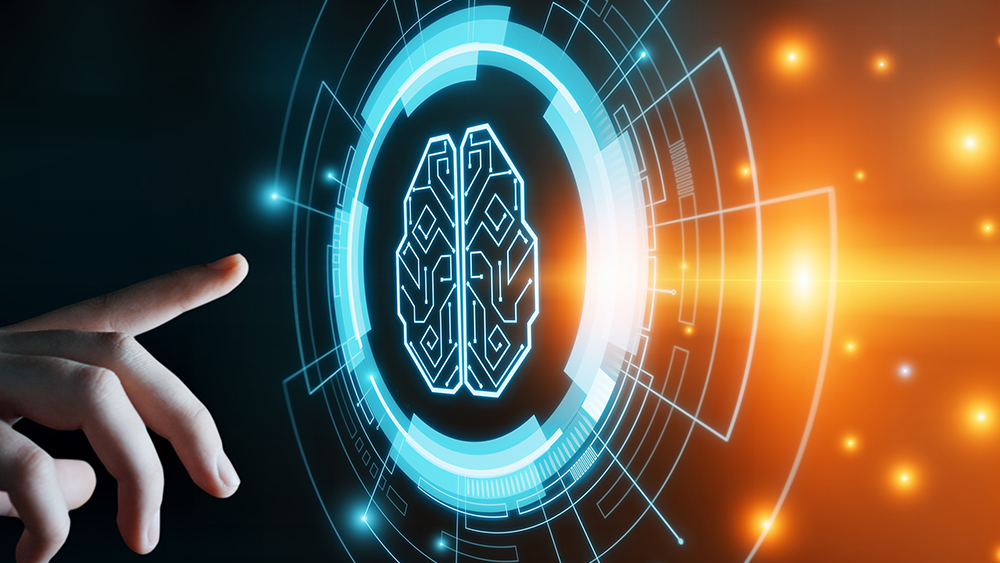
Voice analysis technology is emerging as a powerful tool in medical diagnostics, offering a non-invasive method to detect various health conditions. It uses artificial intelligence to detect subtle changes in speech that are imperceptible to human listeners. The software can analyze recordings from regular phone conversations – focusing on aspects like melody, pauses, pitch and speech rhythm. By examining these elements, AI can identify specific vocal patterns associated with different health conditions.
The recent Canadian study uncovered a novel link between blood sugar levels and voice pitch, suggesting new ways to monitor health without invasive procedures. Published in Scientific Reports in 2024, the study found that as blood sugar level rises, so does the pitch of a person's voice. This pattern was observed not only in people with diabetes but also in those with normal blood glucose levels – indicating a broader application for this discovery. The relationship was slightly less pronounced in individuals already diagnosed with diabetes.
The human voice has up to 200,000 unique characteristics and AI algorithms can filter through these to find patterns linked to specific diseases. For detecting Type 2 diabetes, the AI evaluated brief voice recordings – only six to 10 seconds long – by analyzing variations in loudness and pitch. When combined with basic health information, such as age, gender, height and weight, this method can accurately indicate the presence of Type 2 diabetes.
The results of this technology are impressive, with the AI achieving an accuracy rate of 90 percent for women and 86 percent for men. Researchers like Jaycee Kaufman from Ontario Tech University gathered over 18,000 voice samples from 267 participants – both with or without diabetes – to train the AI system. This research identified 14 specific acoustic features that vary between those with and without the condition, paving the way for more accessible diagnostic methods.
Kaufman noted that current detection methods can be costly and require significant time and travel. In contrast, voice analysis could eliminate these barriers – making early diagnosis more accessible. Moving forward, Klick Labs plans to explore the potential of voice analysis to detect other conditions, such as hypertension and prediabetes – expanding its use in preventive healthcare.
By studying speech patterns, researchers can identify early signs of diseases and conditions like heart problems, mental health disorders, neurodegenerative diseases and even post-traumatic stress disorder. This enables health care professionals to diagnose conditions sooner.
In earlier research by Klick Labs in Toronto, AI was used to analyze short voice recordings to detect Type 2 diabetes. A study published in Mayo Clinic Proceedings: Digital Health demonstrated that just a few seconds of recorded speech could determine the likelihood of Type 2 diabetes with a high degree of accuracy.
This technology is particularly valuable in identifying undiagnosed diabetes, which affects an estimated 240 million people worldwide, according to the International Diabetes Federation. Most of these cases are Type 2 diabetes, a condition that increases the risk of severe health issues like heart attacks, poor circulation and strokes.
Traditional diabetes tests, such as fasting blood glucose, glycated hemoglobin and oral glucose tolerance test, typically require visits to health care facilities and can be expensive and time-consuming.
In contrast, voice analysis offers a faster, more convenient screening method – potentially increasing early detection rates and reducing health care burdens,
Risks associated with voice analysis technology
Voice analysis technology is being hailed as a fast and efficient way to detect various diseases using just a person's speech. However, there are significant concerns about its limitations and potential misuse.
While AI-based tools can provide detailed insights from voice patterns, relying solely on a few voice samples is not enough to make a reliable medical diagnosis. There is a considerable risk of false positives or overdiagnoses, where conditions might be flagged incorrectly. Ultimately, a human professional should always review the results and make the final judgment.
This is especially true for diagnosing mental health issues. For example, certain voice tones might suggest someone is experiencing depression, but a thorough evaluation by a trained professional is essential to confirm this.
AI might detect changes in speech patterns that suggest disorganization or impulsiveness – potentially pointing to conditions, like attention-deficit hyperactivity disorder. However, only a medical expert can accurately diagnose such conditions, ensuring that any findings are not misinterpreted.
There are also serious concerns about how voice analysis could be misused. Privacy advocates warn that this technology could be exploited by employers or insurance companies without proper consent. This could lead to individuals being unfairly treated based on sensitive health data gleaned from their voice. Additionally, there is a risk that protected and personal health information could be hacked, shared or sold without the person's knowledge. (Related: Health apps are BAD for your privacy: 80% or more share your data, research reveals.)
Given these risks, it is crucial to have clear guidelines and strict regulations to prevent misuse. While scientists can highlight these issues, setting boundaries and ensuring the ethical use of voice analysis technology is ultimately the responsibility of policymakers.
New AI tool uses voice to screen for Type 2 diabetes. Watch this video.
This video is from the Daily Videos channel on Brighteon.com.
More related stories:
AI chatbot admits artificial intelligence can cause the downfall of humanity.
Sources include:
Please contact us for more information.






















